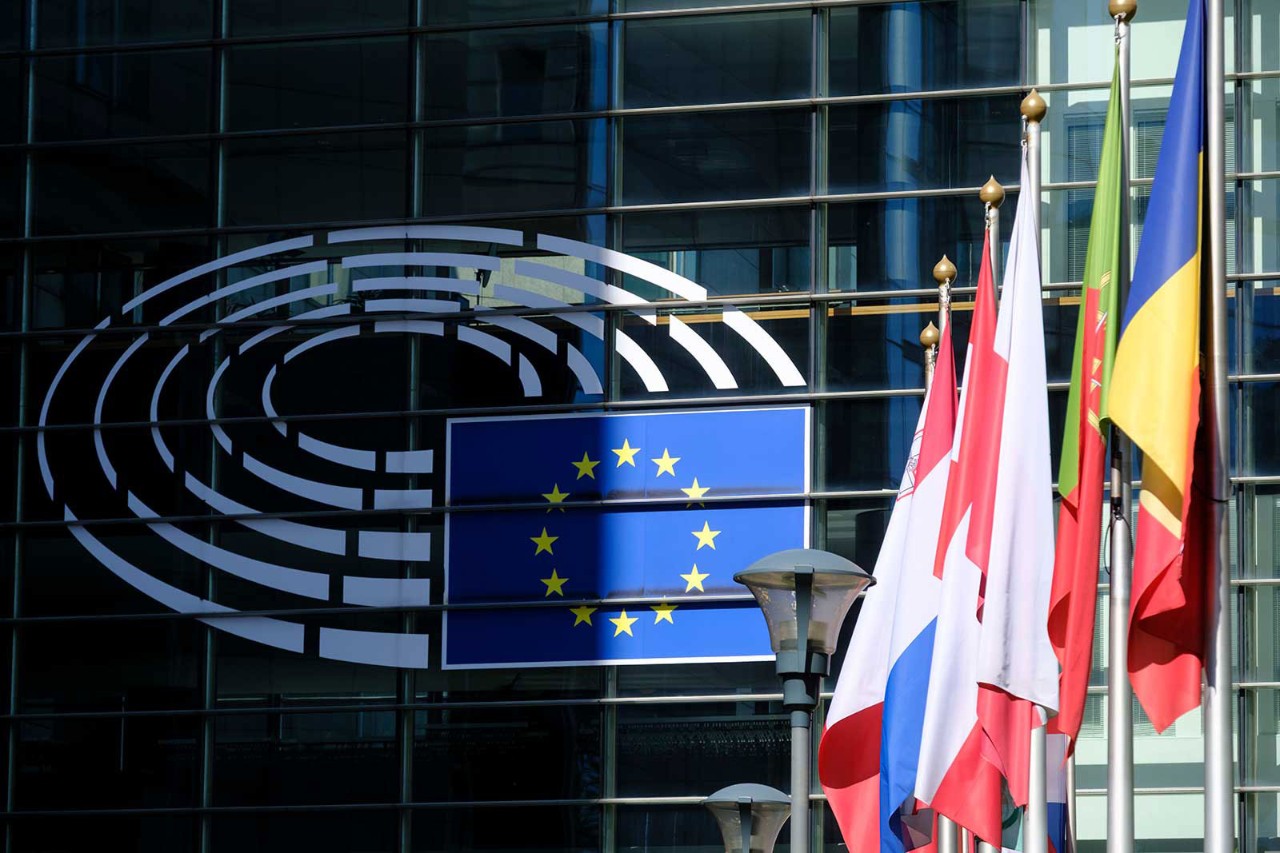
CCABI tax work
The Consultative Committee of Accounting Bodies in Ireland, the umbrella group comprising ACCA and Chartered Accountants Ireland, has been working on various joint Revenue and accounting profession committees. These are currently discussing a large number of issues including the R&D tax credit, mandatory disclosure (of ‘aggressive’ tax planning schemes) guidance notes, filing requirements for Investment Limited Partnerships, and the burden of wear and tear on leased machinery.
The Tax Administration Liaison Committee (TALC), which generally looks at administrative issues in the operation of the tax system, but does not deal with taxation policy, has been looking at the following: employer contributions to Personal Retirement Savings Account (PRSAs) and Pan-European Personal Pension Products (PEPPs), deposit interest, leasing, treatment of dividends on certain preference shares, and residence certificate for corporates.
Other items under discussion with Revenue are the EU Mobility Directive, Corporation Tax (CT1) forms, Capital Acquisitions Tax (CAT) Business Relief – minimum ownership period, and the requirement to provide a breakdown of distributions from an Approved Retirement Fund. There is also a working group looking at cross-border and remote/hybrid working. Once positions are finalized, the papers are posted to ccab-i.ie.
ACCA firms showed a significant improvement year on year
Profile of the Profession
The Irish Audit & Accounting Supervisory Authority (IAASA) has published its annual Profile of the Profession for 2024. The report provides a statistical profile of the accounting profession in Ireland. This shows there are now almost 46,000 accountants in the country – an increase of 3% in the year. ACCA members account for nearly 14,000 of the total.
According to the data, 3,500 Irish accountants hold practising certificates, 1,600 of whom are also statutory auditors, while 300 of those auditors are ACCA members. There are 17,355 accounting students in Ireland, 51% of whom are ACCA students.
One ACCA firm and seven chartered firms are noted as Public Interest Entity (PIE) audit firms. In terms of audit monitoring, ACCA firms showed a significant improvement year on year, with nearly 90% of ACCA firms being graded as ‘good’ or ‘limited improvements required’.
Private equity buy outs of audit firms raise complex ownership issues
Audit Qualification
A series of information webinars and web pages are now available to explain the process for becoming a Responsible Individual (a person licensed to conduct and sign audit reports on behalf of an audit firm). These explain how the Audit Qualification (AQ) has been decoupled from the Practicing Certificate (PC).
In summary, the Audit Qualification can be obtained based on three years’ audit experience in an approved training firm and can include pre-membership training. The PC can be obtained based on three years of training, but only one year of that training can be pre-qualification. These changes align ACCA with the other professional audit bodies in both the UK and Ireland. The new pages are here:
- Responsible Individual
- I work at an approved employer
- I do not work at an approved employer
- Audit Qualification.
Audit firm ownership
The Companies Act 2014 has some strict requirements in respect of the ownership of an audit firm. The law has been reflected in the ACCA rules with the underlying principle being that the audit firm must be controlled by statutory auditors.
The most recent quarterly article from the ACCA Practice Monitoring team focuses on eligibility issues/requirements for audit firms, including looking at some of the complex issues arising from private equity buyouts, of which there have recently been several examples in the UK and Ireland. Regulators have expressed concern at some of the legal structures being put in place, some of which include voting and non-voting shares.
There is also a seminar from the Practice Monitoring team titled Audit compliance and practice essentials and other free seminars at the same link.


